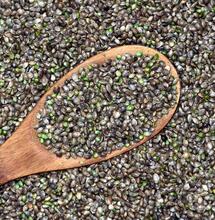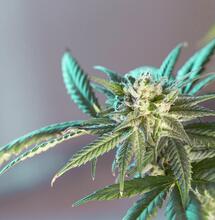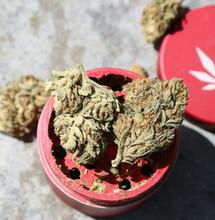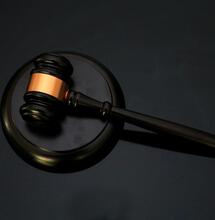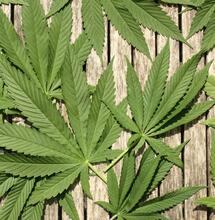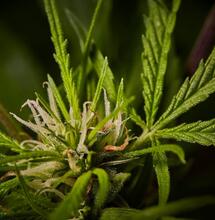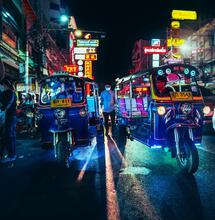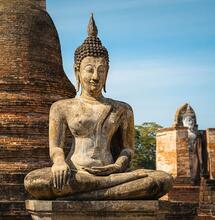First in Asia: Thailand Greenlights Homegrowing

Thailand's narcotic board announced it would delist cannabis from its list of drugs, a step that effectively pushes the country into allowing households to cultivate the plant for personal use. It will take at least four months until the country's lawmakers fine-tune the details of the new legislation. Once it's done, Thailand will become the first Asian country to have decriminalized cannabis.
In late 2018 Thailand's parliament legalized cannabis for medical use and research, in what legislators said was a "new year's gift" to its people. This year, the kingdom is upgrading its legislation in order to allow people to homegrow the plant.
As envisioned, the legislation will require growers to notify local authorities if they plan to plant cannabis crops. Officials said cannabis could be cultivated for personal use only, and anyone caught with unauthorized growth or selling will face harsh fines. Commercial retail will likely require some form of license.
Thai law requires that any new rule is published in the official Royal Gazette and that 120 days pass before the rule, or in this case, allowing households to cultivate cannabis, can take effect.
The country's Health Minister, Anutin Charnvirakul, will present a draft bill in parliament discussing all details related to decriminalization.
Health Minister Anutin has largely influenced the decision to decriminalize cannabis. This was one of his campaign pledges made in the pre-election period. The minister told the media that delisting cannabis from the list of narcotics "responds to the government's urgent policy in developing marijuana and hemp for medical and health care benefits, developing and creating income for the public."
Thai lawmakers still need to figure out many details on how cannabis will be regulated. For example, it has not been made clear if possessing marijuana on the streets is an offense subject to arrest.
However, it's known that failing to notify the local government on homegrowing operations will result in a fine of up to 20,000 baht or roughly $600, a sum which is a fifth of the average salary in Thailand. Caught selling without a license follows a draconic punishment with three years in jail and a fine of 300,000 baht or almost $9,000.
In whatever form the regulation unfolds in the end, Thailand's decriminalization turns a new page for the cannabis industry in the country and the wider region.
Thais are already using cannabis to reinvent their business and hospital sector. There's a new market for CBD-based cosmetics. Canteens and clinics are allowed to use hemp while preparing foods. Hemp, both fresh and deep-fried, is stirred in traditional Thai delicacies such as pandan coconut rice pancakes, pork soups, or green curry soup with noodles.
"Cannabis leaves, when put in the food or even in a small amount [...] it will help the patient to recover faster from the illness," medical practitioner Pakakrong Kwankao has said in earlier statements. The doctor said cannabis "can improve mood, focus, and also creativity."
There's an ancient tradition of using cannabis as a traditional herbal remedy in Thailand, however, the country is also famous for its native sativa known as "Thai," aka "Thai Sticks" because of how its buds are customarily dried and tied into long sticks. This landrace strain was brought to the US in the 70s and 80s, and breeders have used it to engineer several popular strains sold on the market today, including Haze, Voodoo, and Juicy Fruit.
